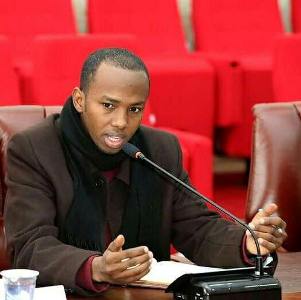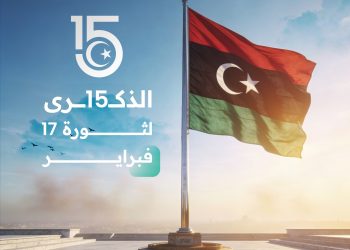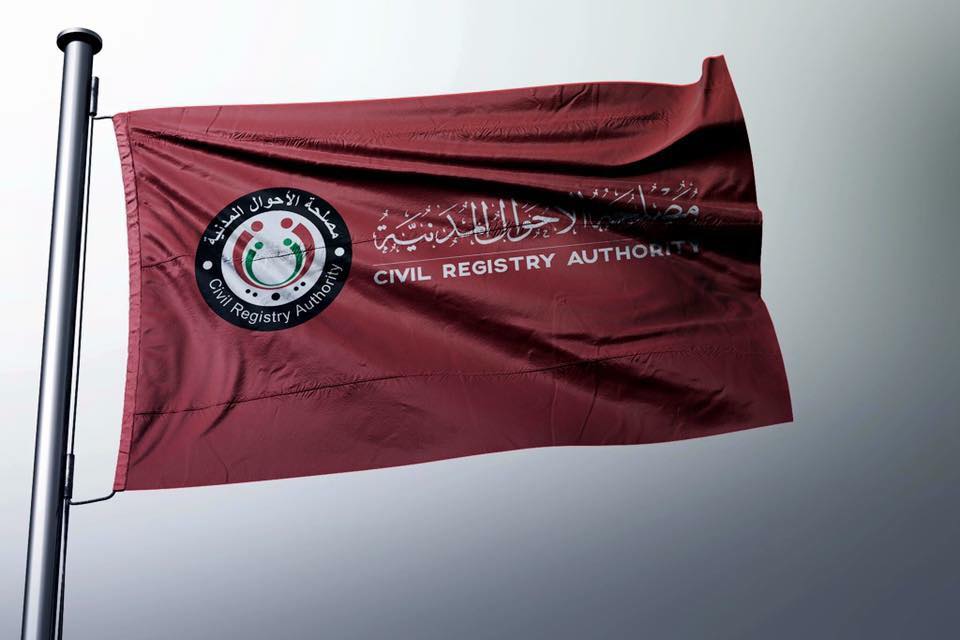By Libya Herald reporters.
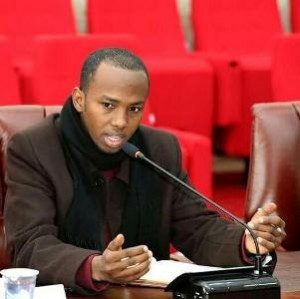
Tripoli, 8 April 2016:
Hard on the heels of the welcome given yesterday by UNSMIL chief Martin Kobler to . . .[restrict]a consensus deal reached in Oman by members of the Constitution Drafting Assembly, the two Tebu members who were present have today said they had not agreed.
Some 37 of the 56 members of the CDA had flown to Salalah as guests of the Omani government for several days of UNSMIL-backed talks. The plan was to try and hammer out some sort of agreement to get on with what has been the elephantine gestation of a new draft constitution which will then be put to a referendum. The CDA began work back in June 2014.
However, Khaled Bubakr Wahli, one of two Tebu participants in Oman, has claimed that UNSMIL had not been serious and not overseen an impartial dialogue. Wahli told the Libya Herald. “It thus deviated from its international responsibilities. We reject totally the Salalah consultations”. He added that the Tebu would once again be suspending their CDA membership.
The objections of Wahli and his colleague Al-Senussi Hamid Wahli centre on the recognition of minority rights and languages. This has lain at the heart of past disputes and caused temporary boycotts by the Tebu and the two Tuwareg members. The Amazigh community refused to put forward any candidates for February 2014 election to the CDA, so have never been represented. Because of the security situation in Derna, that town could not elect its two allotted Assembly members.
The precise details of what was hammered out in Salalah are not yet clear. But there have been claims the meeting actually produced a fresh draft constitution, rather than a plan to achieve agreement. There were not, however, the necessary two-thirds of the members present, as required under the CDA’s rules, to ratify any deal.
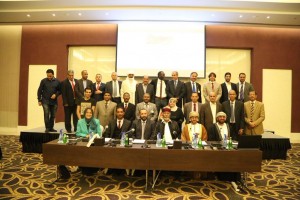
In the past there has been sharp disagreement as to whether Tripoli or Benghazi should be the capital or whether the position could be shared between them.
One source at the meeting said, however, that it had been agreed that Libya would be a single state with a presidential system. While federalism was rejected, it was accepted that there would be decentralisation, granting regions, provinces and municipalities greater powers. [/restrict]
